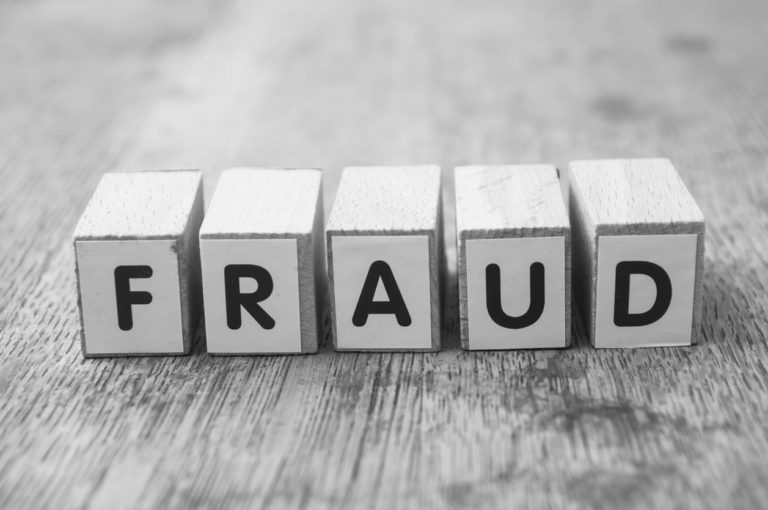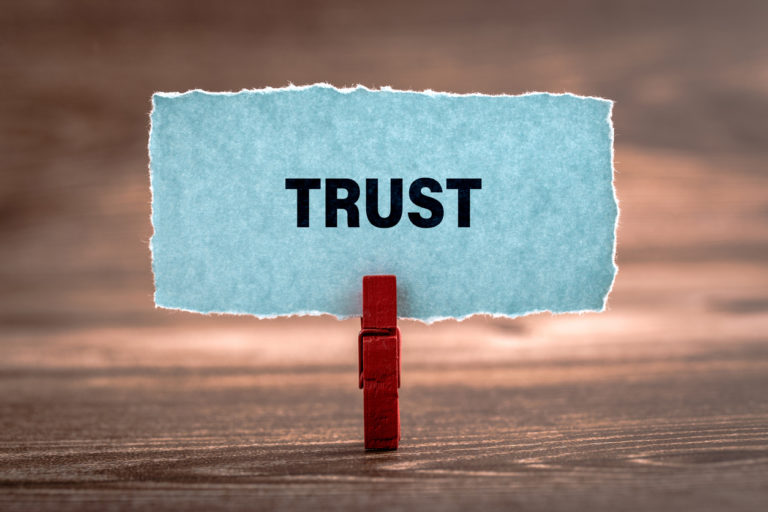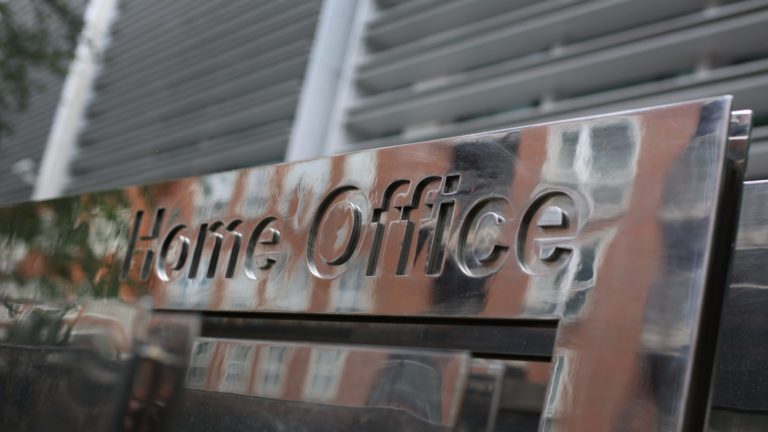Unfortunately, fraud is on the rise in the UK and worldwide. Fraudsters’ natural inclination to prey on our vulnerability has only been heightened by 2020’s unusual times, due to the increasing desperation of the fraudsters themselves.
It’s easy to become isolated, or financially cornered – both things that can cloud our judgement and make us more susceptible to fraud and scams.
As such, it’s vital to retain a healthy amount of suspicion, undertake some due diligence, and ultimately seek some advice, before co-operating with any activities that arouse suspicion.
At PDL, we’ve seen just about every type of fraud case there is, and caught fraudsters enacting every trick in the book. We’re always updating our understanding of scammers’ methods, to ensure we’re best-placed to get to the bottom of all the cases with which our clients entrust us.
To help you become a little more fraud savvy, here are our top 5 fraud prevention tips:
1 – Take Your Time With Cryptocurrency
Since Bitcoin and other cryptocurrencies burst into public awareness in recent years, many people have invested money therein, with some success. However, it’s important to remember that these stories are the exceptions and not the rule. Far more prevalent have been the stories of huge losses, scams, frauds, and other presenting problems.
It’s important to remember that ‘Get rich quick’ schemes are nothing new, and that if someone or something is offering unbelievably high yield in a short time, it deserves equally high scrutiny. To use the old adage – if something seems too good to be true, it probably is.
So – don’t make instant decisions on cryptocurrency investments. Take 24 hours thinking and cooling-off time, and seek advice from a trusted friend – particularly if they’re financially savvy.
Take your time is one of many wider points to be made here, about finances and financial fraud in general. At PDL we prefer prevention rather than cure, and it’s – naturally – much harder to get your money back after a fraud than it is to stop it going in the first place.
Consider also your payment method for any transaction of which you’re remotely uncertain, remembering that credit card transactions are more protected than debit card transactions or bank transfers, and certainly do not go to meet someone in person with large sums of cash as there’s almost no subsequent recourse in cases of fraud.
2 – Speak To Friends About Online Romances
The primary reason that romantic scams continue to thrive despite being such well-covered ground, is the way in which the associated emotion can cloud the victim’s judgement.
Professional fraudsters are incredibly adept at establishing rapport – that feels entirely genuine – and at manoeuvring themselves into the trust of others.
We’ve had clients worldwide come to PDL having already sent large sums to romantic partners they’ve never met – carried away by the apparent relationship, rapport, and connection.
Of course, they’re simply victims of highly-skilled manipulators with bad intentions, meaning they’re often still partially convinced by the fraudster even while we’re working with them to extract them from the situation and recover their money where possible.
We advise that you always confide in a trusted friend before sending any money to an online romantic partner. Your friend’s emotional detachment from the situation is crucial in differentiating between a genuine romance and a romantic scam. Look out also for any red flags along the way, such as your partner’s unwillingness to have a phone call or video call, their back story not adding up or containing holes, or their reluctance to reveal much about themselves.

3 – Institution Imposter Scams
This is a type of fraud in which an individual or group may contact you, posing as an institution such as HMRC, a bank, or a service provider, seeking your personal details, or money.
While we all like to think we’re wise to such scams, nowadays, there are two reasons that fraud like this continues to work.
Firstly, the increasing sophistication of the fraudsters. Their approach and technology is always ’improving’ meaning their scams can appear very genuine.
And secondly, our natural tendency to defer to authority. Organisations like HMRC, or a bank, are things we usually take quite seriously and attempt to show cooperation to. Fraudsters know this and look to exploit it.
Institutions like these have systems and processes in place by design. It’s extremely unlikely that their means of contact would be a spontaneous, withheld-number phone call to you. If you receive one, inform the caller that you will hang up and call the organisation back – on the number you already have for the organisation, rather than a number the caller gives you.
The genuine organisation’s employees should not take issue with this – it is something they are aware of as good security practice, and are trained to encourage. If the caller shows any anger or irritation relating to this, the evidence would suggest it’s even more likely that this is a fraud at work.
If you receive emails from institutions like this asking you for personal information or money, scrutinise it, and call the institution directly to verify the communication’s accuracy.
In short – protect your bank account as fiercely as you’d protect its contents in cash in your pocket.
4 – Consider Greater Email & Data Security
In January 2020, we wrote a full blog post on data security which is full of useful advice to ensure you’re protected online.
One of the key points with security is to consider greater email encryption, so be sure to research the level of security offered by your current email provider, and how you may be able to increase your level of security, either by upgrading with the provider, or switching to another.
Another thing you can do to protect yourself online, not just regarding email but in general, is to use a VPN (Virtual Private Network) to equip yourself with protection and anonymity online.
If you’d like to discuss the specifics of your situation so we can give more direct and specific advice, don’t hesitate to contact PDL.
5 – Don’t Be Embarrassed!
It’s simultaneously worrying and reassuring to consider that a fraud in some form, on some level, will probably happen to us all on at least one occasion.
One of the primary reasons a fraud is prevented, minimised, or stopped in its tracks, is the victim sharing some details with a trusted friend, colleague, or advisor. Someone with some detachment who is more inclined to spot the red flags and help the victim take the necessary steps.
We have often encountered clients who are at first shy or embarrassed – perhaps blaming themselves – for becoming victims of fraud.
To which we would say, please don’t be embarrassed! Fraudsters’ methods are manipulative and increasingly sophisticated. There is no shame in falling for their advanced and devious methods.
The vital thing, and the final point in this post, is to speak to people. Seek advice, share stories, be healthily suspicious, and take a constantly protective attitude to your data, finance, and personal information.





